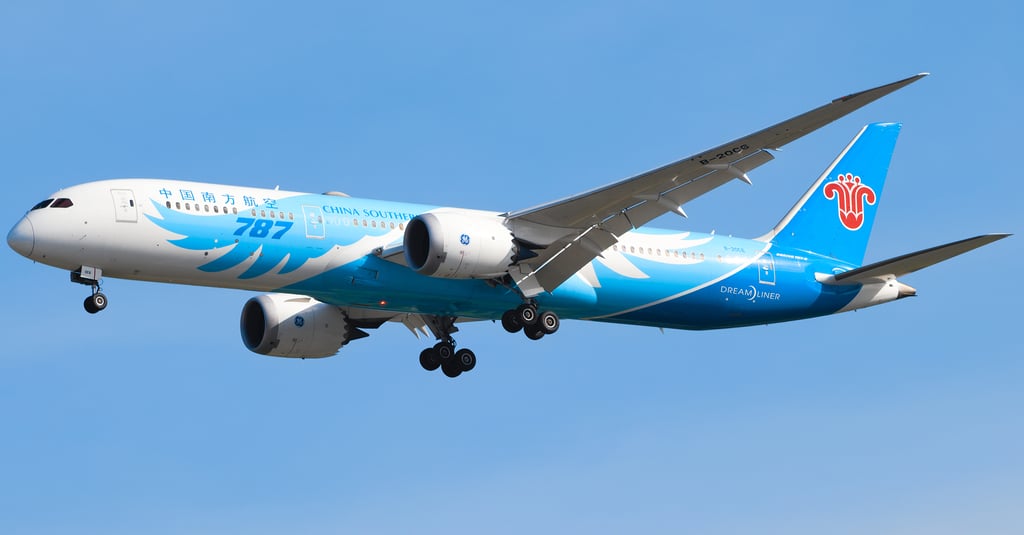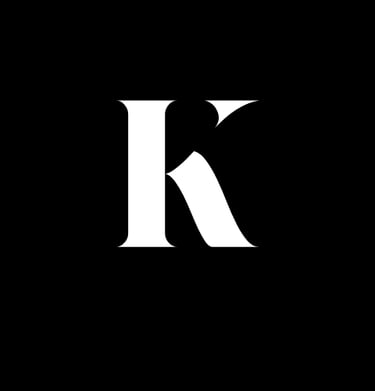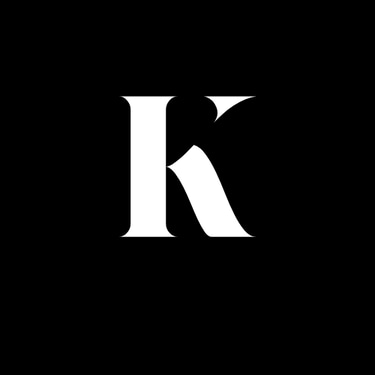Boeing Navigates Trade Turbulence with China, Reports Smaller Loss and Signs of Recovery
Boeing CEO Kelly Ortberg confirmed China has halted aircraft deliveries due to trade tensions, but reassured investors with stronger-than-expected financial results and plans to redirect aircraft to other buyers if needed.
BUSINESS
Ke Press Global
4/24/20252 min read


Boeing’s CEO Kelly Ortberg confirmed on Wednesday that China has stopped accepting new aircraft deliveries due to ongoing trade tensions with the U.S., adding new uncertainty to the aviation giant’s relationship with one of its key international markets.
Speaking on CNBC, Ortberg cited the U.S.-China trade conflict as the primary reason for the delivery freeze. “Chinese customers have stopped taking delivery of aircraft due to the tariff environment,” he said, noting that if the situation continues, Boeing would begin marketing the aircraft to other global carriers. Boeing had been scheduled to deliver approximately 50 aircraft to China in 2025.
“I’m not going to let this derail the recovery of our company,” Ortberg said. “We’ll give the customers an opportunity if they want to take the airplanes. But if not, we’re gonna remarket those airplanes.”
These comments come as President Donald Trump and his administration hint at potential breakthroughs in trade talks with China. However, Treasury Secretary Scott Bessent confirmed that the two countries are “not yet” in discussions about tariffs, maintaining a level of unpredictability that continues to affect major exporters like Boeing.
Ortberg called Boeing’s dialogue with the White House “very dynamic,” acknowledging that a negotiated settlement with China is likely, though its timing remains unclear. He stressed the importance of preventing similar trade disruptions with other countries.
Despite these geopolitical challenges, Boeing delivered a positive financial update. The company reported a first-quarter loss of $123 million—significantly smaller than the $343 million loss reported a year earlier. Revenue climbed 18% to $19.5 billion, and cash burn was reported at $2.3 billion, better than analysts’ expectations of a $3.7 billion hit.
Boeing also reaffirmed its production goals, with plans to ramp up monthly 737 MAX output to 38 planes in 2025 and increase 787 Dreamliner production to seven per month. The first 777-9 aircraft is still expected to be delivered in 2026.
In a strategic move to boost liquidity, Boeing announced the $10.6 billion sale of parts of its digital aviation division—including Jeppesen, an aviation navigation firm—to software investment group Thoma Bravo. Ortberg indicated more smaller asset divestitures could follow.
Ortberg, who joined Boeing last year following a leadership reshuffle after a high-profile emergency landing incident, emphasized the company’s ongoing focus on quality and safety as it works to restore customer and regulator confidence.
“Our company is moving in the right direction,” he said, citing improved operations and strengthened oversight as Boeing continues its recovery from years of crises.
Boeing led the Dow Jones Industrial Average on Wednesday, with its stock jumping 6% on the back of its earnings beat and positive guidance.
© 2026. Ke Press Global. A Ke Harbor Company. All rights reserved.
FOLLOW KE PRESS GLOBAL ON :
Contact us


